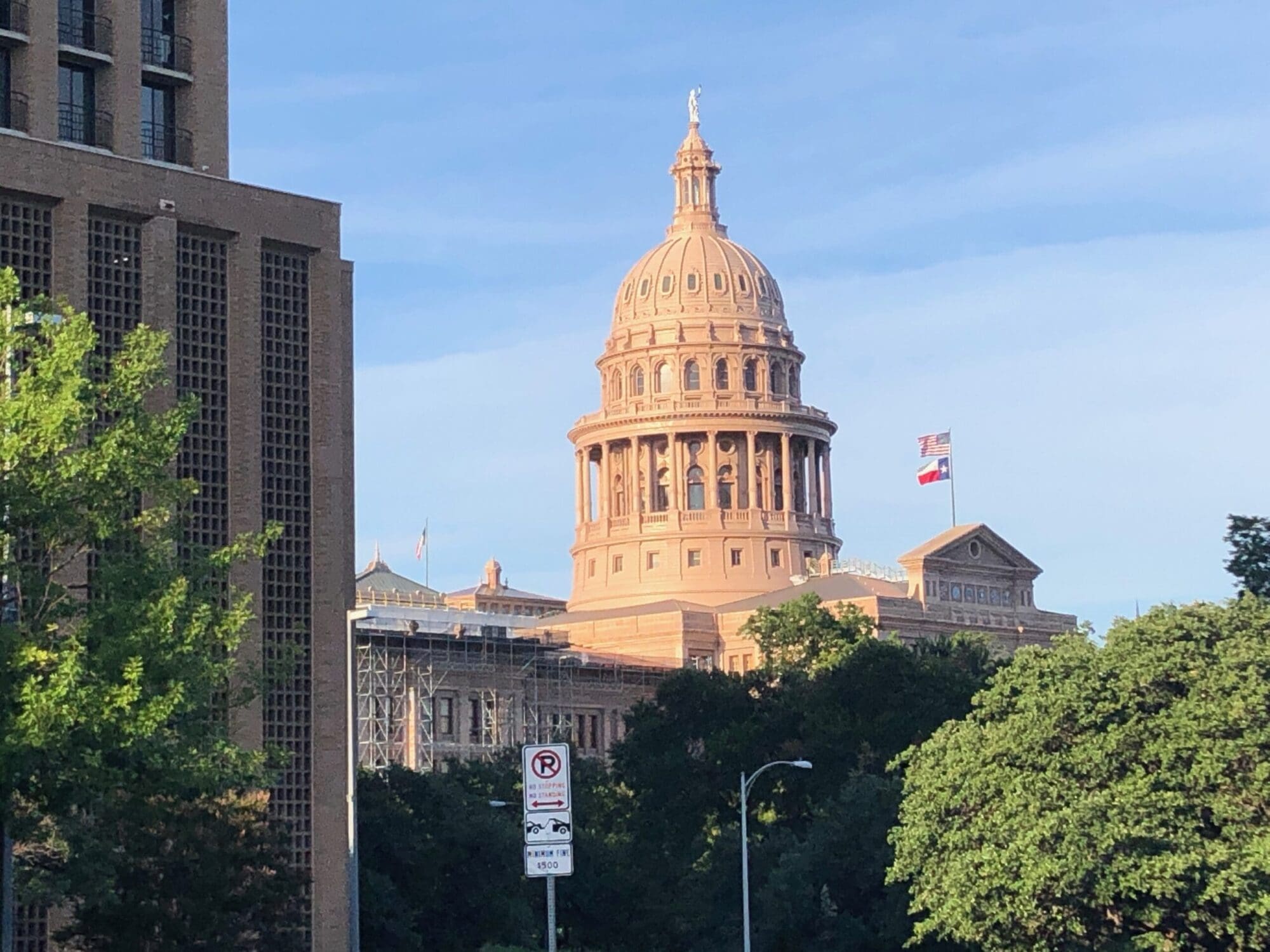Under the procedures of the Texas House, the Speaker is commanded to refer “all proposed legislation … to an appropriate standing or select committee with jurisdiction.” But the rules are silent on how quickly the Speaker is expected to fulfill that duty. What is a member of the House to do if the Speaker simply refuses to do his job?
That was the question raised by State Representative Jonathan Stickland on Thursday, February 26th. In a series of parliamentary inquiries, Stickland challenged the Chair on why his House Bill 209, legislation to eliminate in-state tuition status for illegal immigrant students, had not been referred to committee. Stickland noted that the bill had been filed on the first day possible, November 10, 2014, and that House Bills 208 and 210 had both been referred to committee on February 10th. Indeed, on the date of his inquiry, most bills numbering in the 900’s had already been referred to a committee.
Stickland’s challenge brought a hush over the hall of the House. House Speaker Joe Straus rushed to the dais to answer the sophomore representative’s inquiries, defending his lack of action, saying that it was “not unusual.”
It is often said that in the legislature, “delay is death.” Skilled members practice the art of the point of order, using the parliamentary rule enforcement device to slow down legislation they aim to defeat. In a 140 day legislative session, just a week’s delay can significantly hamper or outright end any chance of passage for a piece of legislation.
As of March 2nd, Speaker Joe Straus continues to hold 26 bills between the numbers 80 and 600 from moving forward in the legislative process. Included are three bills, one each by Representatives Stickland, Keough, and Zedler, which seek to eliminate in-state tuition subsidies for illegal immigrant students.
Also included in the group of obstructed bills are a series of legislator ethics reform measures: two by Representatives Button and Fallon regulating lobbying by former members of the legislature, as well as two by Representatives Fallon and Sheets which would prohibit legislators convicted of bribery, embezzlement, or perjury from receiving payments under the state pension system.
While Straus has gone on the record as personally opposed to legislation eliminating tuition subsidies for illegal immigrants, he has not publicly commented on the lobbying or pension/bribery issues.
Lest members think that Straus’s delays are only a problem for vocal conservatives like Stickland, the Legislative Reference Library put out a chart on Thursday showing that Straus is moving more slowly this session with all House Bills. Despite an 18% increase in bills filed this session, Straus has only referred 70% as many bills as he had at this point in the legislative session in 2013 – 837 bills in 2015 as compared to 1188 in 2013.
By comparison, as of Thursday, February 26, Lt. Governor Dan Patrick had referred 721 of the 834 bills filed in the Senate, or 86%. Straus had referred just 40% of the House bills.
Straus has made no public statement on why he chooses not to simply refer all of the outstanding bills in one large batch, or why certain bills and certain topics have been clearly skipped over.




